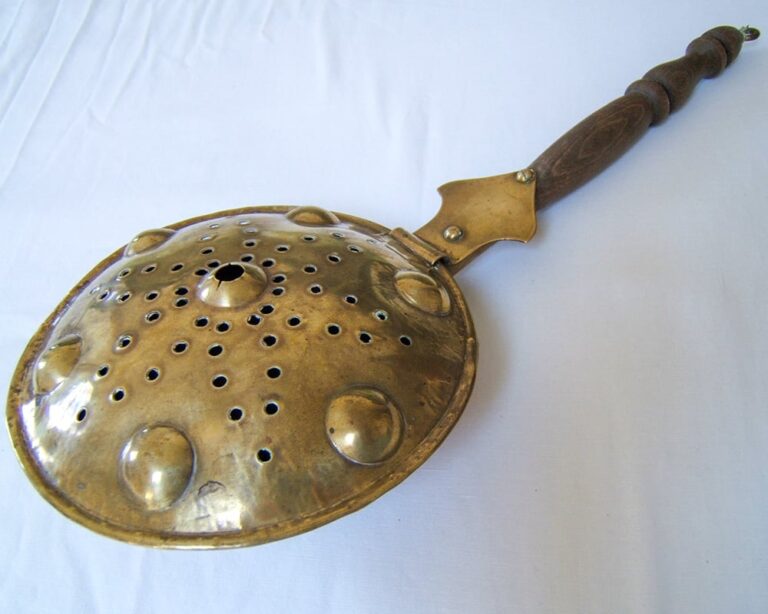payer au lance-pierres
The French expression “payer au lance-pierres” translates literally as “to pay with a slingshot,” but it means “to underpay.”
The saying dates to the end of the 19th century, when slingshots made from rubber become more popular, thanks to improvements in rubber chemistry.
The expression originally came from another saying “avec un lance-pierres,” which translated literally to “with a slingshot.” That meant “rapidly and approximately,” because the idea was that a slingshot could shoot stones quickly but not very accurately (or not as accurately as a rifle, anyway).
This developed into a slightly different and new meaning of “rapidly and insufficiently.” Eventually, the “rapid” part disappeared and all that was left was the idea of “insufficiency.”
Similar English idioms include “to pay peanuts,” or “to pay two cents on the dollar.”






